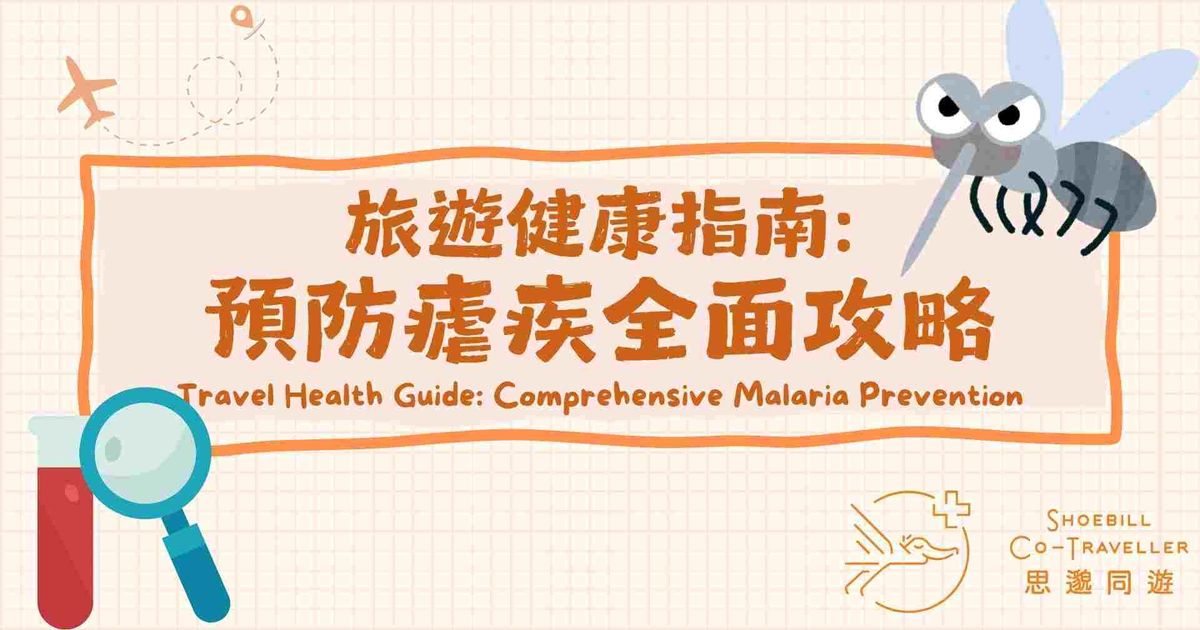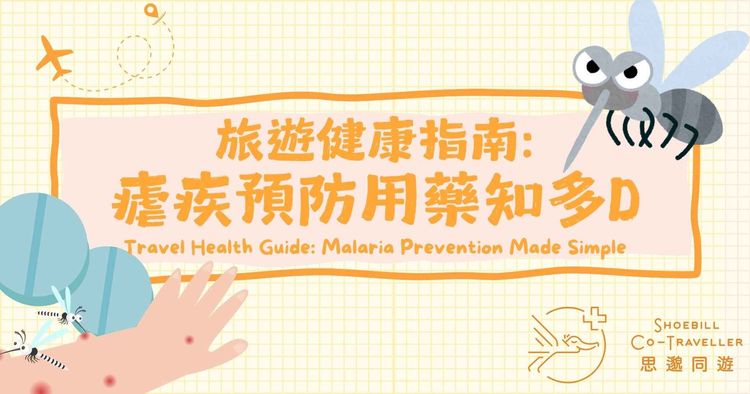
Malaria is a major global public health threat. In 2023, approximately 260 million cases of malaria were reported worldwide, with nearly 600,000 deaths, primarily in tropical and subtropical regions. With over 90 countries classified as high-risk for malaria, travellers planning trips to destinations such as Africa should pay close attention to the risks of malaria infection.
High-Risk Countries for Malaria
Malaria is prevalent in warm climates. Below are some of the high-risk countries:
Africa
- Nigeria
- Democratic Republic of the Congo
- Tanzania
- Niger
- Uganda
South America
- Brazil
- Colombia
- Peru
Asia and Oceania
- India
- Vietnam
- Bangladesh
- Myanmar
- Papua New Guinea
- Solomon Islands
For detailed malaria risk information, visit the World Health Organization (WHO) website.
What Is Malaria?
Malaria is a disease caused by Plasmodium parasites, transmitted to humans through the bites of infected female Anopheles mosquitoes. Once bitten, the parasites enter the bloodstream, multiply rapidly and cause early symptoms, including:
- Fever and chills
- Headache
- Muscle pain and fatigue
- Cough
- Gastrointestinal discomfort
If left untreated, malaria can progress quickly, leading to severe complications such as:
- Anemia
- Organ failure (e.g. kidney failure)
- Seizures and coma
How Is Malaria Transmitted?
Malaria spreads primarily through the bites of infected female Anopheles mosquitoes. The parasites responsible for malaria include:
- Plasmodium falciparum
- Plasmodium vivax
- Plasmodium ovale
- Plasmodium malariae
- Plasmodium knowlesi
While malaria is not directly transmitted from person to person, it can spread through:
- Organ transplants
- Blood transfusions or contaminated blood products
- Mother-to-child transmission during pregnancy or delivery
How to Prevent Malaria?
1. Mosquito Bite Avoidance
- Wear protective clothing: Long-sleeved loose shirts and long pants.
- Use insect repellent: Apply repellents containing DEET or Picaridin, especially during peak mosquito activity hours at dusk and dawn. Reapply as instructed.
- Stay in accommodations with mosquito barriers: Choose lodging with screens or air conditioning to minimize mosquito exposure.
- Sleep under insecticide-treated nets: Use nets treated with permethrin for added protection while sleeping.
2. Preventive Medication
Arrange travel health consultation 4-6 weeks before departure to determine the appropriate prophylactic medication based on your itinerary. Options include:
- Atovaquone-Proguanil (Malarone®)
- Doxycycline
- Mefloquine (Lariam®)
Doctors will provide tailored recommendations based on factors like travel schedule, activities and health conditions. Medications should be taken as prescribed before, during and after the trip to ensure optimal protection. For more information on malaria preventive medication, please refer to another article
Health Monitoring During & After Travel
Even after leaving a high-risk area, malaria can have a long incubation period, lasting months or even years. Seek medical attention immediately and inform your doctor of your travel history if you experience:
- Fever or chills
- Muscle pain and fatigue
- Flu-like symptoms
Blood Donation Restrictions
Individuals who have lived or traveled in malaria-endemic areas may need to defer blood donations. For detailed information, consult the Hong Kong Red Cross Blood Transfusion Service for more.
Our Travel Health Services
At Shoebill Co-Traveller – Travel Health Management Centre, we specialize in providing comprehensive malaria prevention services, including:
- Travel itinerary health risk assessments
- Customized antimalarials recommendations
- Environmental health tips (e.g. food hygiene, sun protection and mosquito bite prevention)
Conclusion
Malaria is a preventable disease. By taking the right precautions - such as using preventive medications and effective mosquito bite prevention - you can significantly reduce the risk of infection. For travellers heading to high-risk areas, proper preparation is essential. Visit our travel clinic to consult our healthcare team and ensure you’re ready for a safe and enjoyable journey!
Source:
Malaria Information (CDC, 2024)
Malaria Risk by Country (WHO, 2022)


